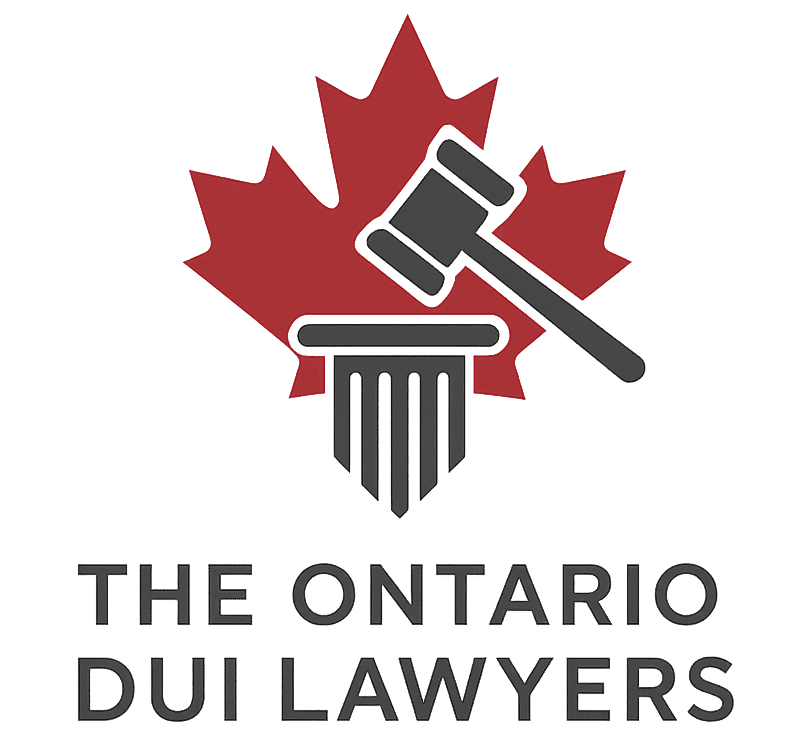Police Disclosure of HIV Status and Privacy Rights

In the realm of legal rights and medical privacy, few topics are as sensitive and complex as the disclosure of HIV status. The intersection of public safety, individual rights, and health information confidentiality raises critical questions that resonate deeply within communities. This is particularly relevant in Ontario, where recent rulings underscore the ongoing struggles faced by individuals living with HIV. Understanding these issues is crucial, especially for those seeking legal counsel or grappling with personal circumstances.
The background of the case
In late 2016, the Ontario Court of Appeal addressed a pivotal case that highlighted significant legal ambiguities surrounding the privacy rights of individuals with HIV. The case, R. v. Gowdy, involved Mr. Gowdy, who had placed an ad on Craigslist soliciting men for sexual encounters. The police, suspecting the ad might have been aimed at minors, intervened by posing as a 15-year-old boy. Mr. Gowdy was arrested for luring, but the events following his arrest raised profound concerns about privacy rights and public safety.
During a police search of Mr. Gowdy’s vehicle, they discovered documentation indicating his HIV-positive status. Following this, the police demanded to know the names of his sexual partners, to which Mr. Gowdy responded that he had not engaged in risky sexual behavior. Despite this, the police subsequently revealed his personal information, including his HIV status, to the media. The release of this sensitive information sparked a debate about the balance between public safety and individual privacy rights.
Legal implications of disclosing HIV status
At trial, the judge acknowledged that the police had breached Mr. Gowdy’s privacy rights. However, this verdict was overturned by the Court of Appeal, which concluded that the disclosure of his HIV status served a legitimate law enforcement purpose. The court’s findings suggested that the nature of the alleged offense, combined with the circumstances, warranted a public safety concern.
- The police argued that disclosing Mr. Gowdy’s HIV status could protect potential victims.
- The Court of Appeal emphasized the need for law enforcement to act in the public interest, especially when there are concerns about the safety of others.
This legal interpretation raises critical questions about the extent to which personal health information can be disclosed without consent. The balance between protecting community safety and respecting individual privacy requires careful consideration, particularly in cases involving sensitive health conditions like HIV.
The societal impact of HIV disclosures
The ramifications of disclosing someone’s HIV status extend far beyond the legal arena; they penetrate deeply into the fabric of society. Individuals living with HIV often face stigma and discrimination, which can lead to severe emotional and psychological consequences. The fear of public exposure can deter many from seeking necessary medical care or disclosing their status to partners.
Studies consistently show that the stigma associated with HIV can lead to:
- Social isolation and mental health issues.
- Increased risk of engaging in unsafe sexual practices.
- Barriers to accessing healthcare and support services.
The societal perceptions of HIV, rooted in misinformation and fear, underscore the need for a more nuanced understanding of the condition. Public health campaigns and educational initiatives are crucial in combating stigma and fostering an environment where individuals feel safe disclosing their status.
Understanding HIV confidentiality laws in Ontario
In Ontario, the legal landscape surrounding HIV confidentiality is shaped by various laws and regulations aimed at protecting the rights of individuals living with the virus. Key pieces of legislation include:
- The Ontario Human Rights Code: This law prohibits discrimination based on disability, which includes HIV status.
- The Personal Health Information Protection Act (PHIPA): This act safeguards the privacy of individuals' health information, ensuring that it cannot be disclosed without consent.
- The Criminal Code of Canada: This law addresses the criminal liability associated with non-disclosure of HIV status in specific sexual contexts.
These laws collectively underscore the importance of maintaining confidentiality while also establishing the parameters within which disclosure may be legally permissible. Legal professionals in cities like Toronto, Hamilton, and Ottawa can provide guidance on navigating these complex regulations, ensuring that individuals are aware of their rights and responsibilities.
The balance of public safety and privacy rights
The question of whether police should disclose an individual’s HIV status in the interest of public safety remains contentious. On one hand, there is a legitimate concern for potential victims; on the other, there is a fundamental right to privacy that must not be overlooked. The court’s ruling in the Gowdy case suggests a troubling precedent where the public interest might override personal privacy rights.
Moving forward, it is essential that law enforcement agencies adopt clear guidelines that prioritize the rights of individuals living with HIV. Some proposed measures include:
- Implementing strict protocols for the disclosure of sensitive health information.
- Providing training for law enforcement on the implications of disclosing HIV status.
- Establishing oversight mechanisms to review cases where such disclosures are made.
The role of legal counsel in protecting rights
For individuals facing similar circumstances, the importance of legal representation cannot be overstated. Lawyers specializing in health law, human rights, or criminal defense can offer invaluable support in navigating the complexities of these cases. Whether in Mississauga, Brampton, or London, accessing experienced legal counsel ensures that individuals can assert their rights effectively.
Legal professionals can assist in various ways, including:
- Advising clients on their rights regarding privacy and health information.
- Representing clients in court to challenge unlawful disclosures.
- Providing resources and support for individuals coping with the societal implications of HIV status.
Conclusion
The legal landscape surrounding HIV disclosure in Ontario is fraught with challenges and complexities. As society continues to evolve, it is imperative that both legal frameworks and public perceptions adapt to foster a more equitable environment. Ensuring the privacy rights of individuals living with HIV is not just a legal obligation; it is a moral imperative that reflects our commitment to dignity and respect for all citizens.
Interested in similar topics to Police Disclosure of HIV Status and Privacy Rights? Explore more in the Uncategorized category.

Leave a Reply